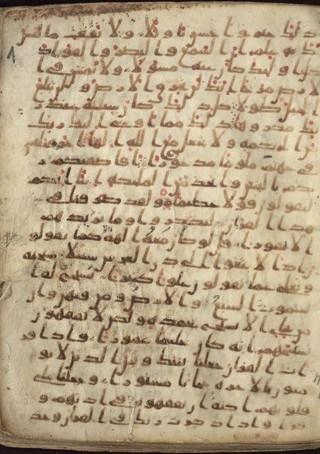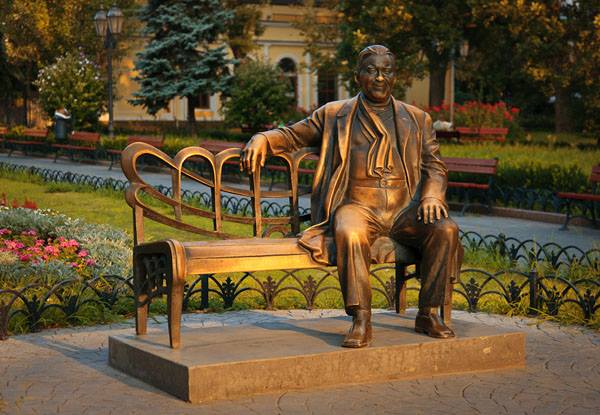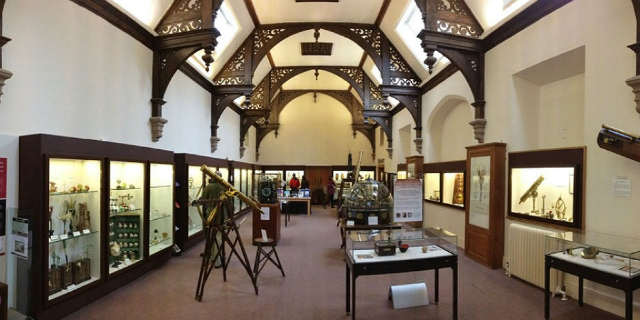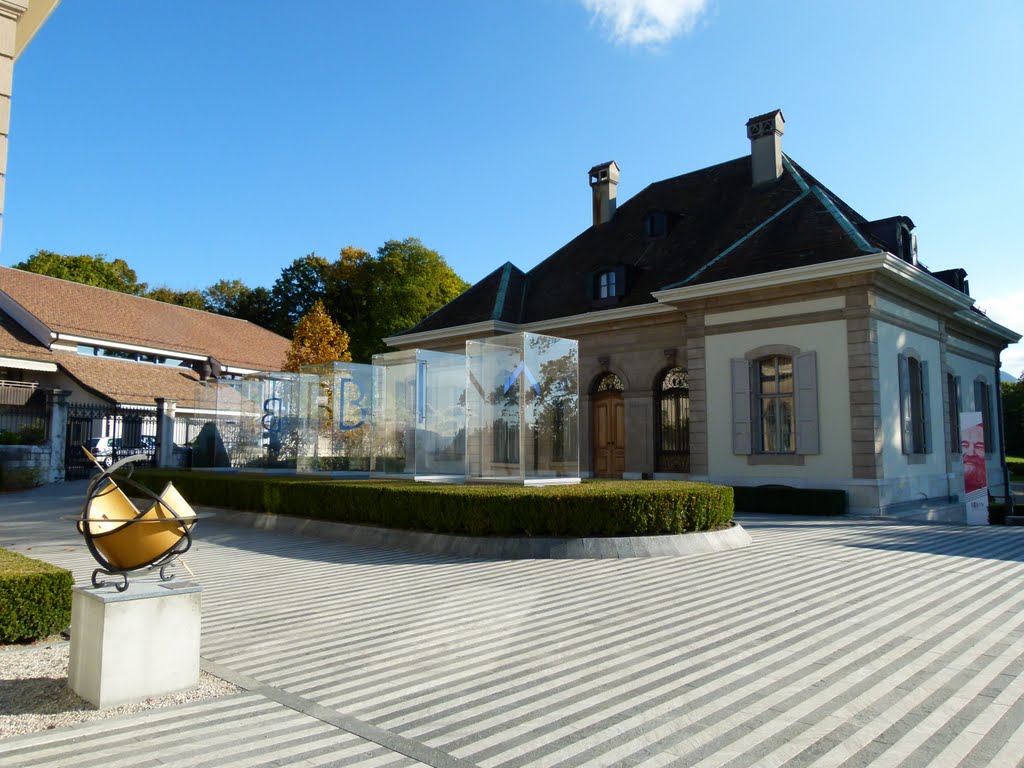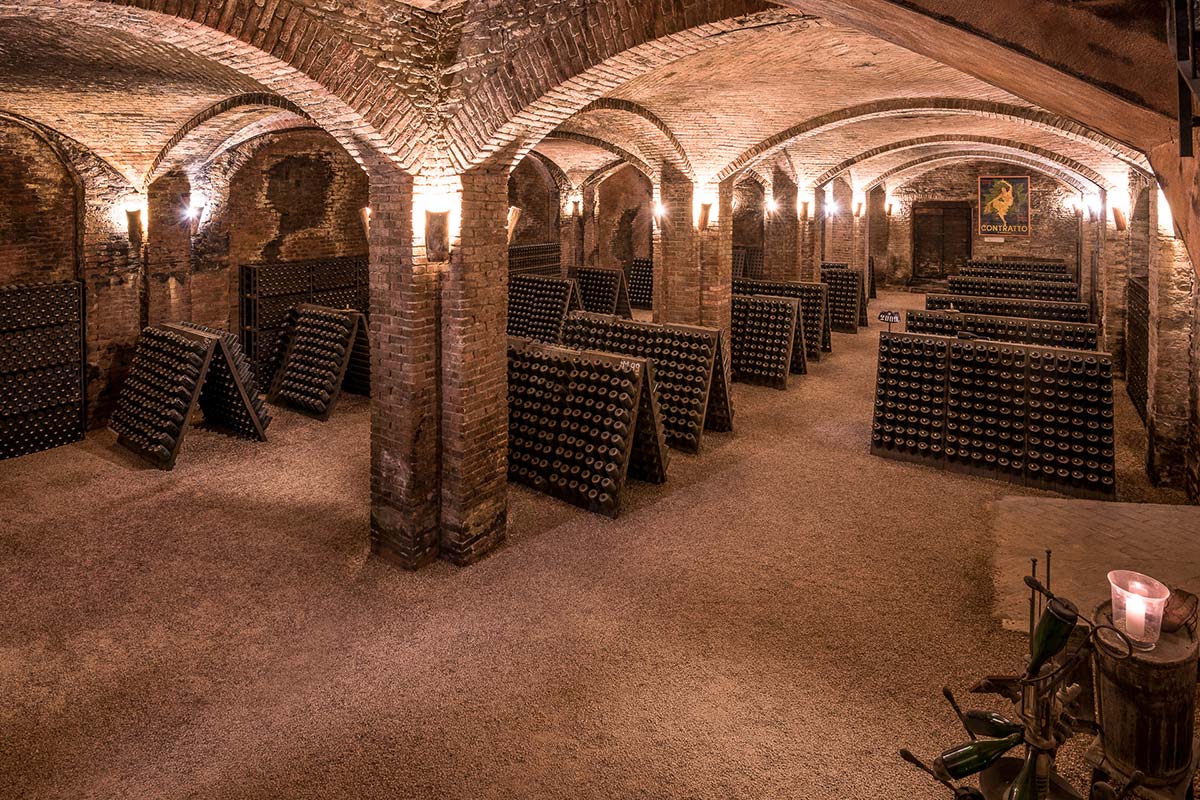The Quran fragment housed at the University of Tübingen in Germany is a significant historical artifact, recently dated to a period between 649 AD and 675 AD. This remarkable finding places the manuscript’s creation roughly 20 to 40 years after the death of the Prophet Muhammad, making it one of the earliest known Quranic texts in existence.
The manuscript has been part of the university’s collection since the 19th century, acquired by Johann Gottfried Wetzstein, the first Prussian Consul to Damascus, who collected several ancient Arabic manuscripts. This particular fragment is especially valued for its proximity in time to the original transcription of the Quran, offering invaluable insights into the early history of Islamic texts.
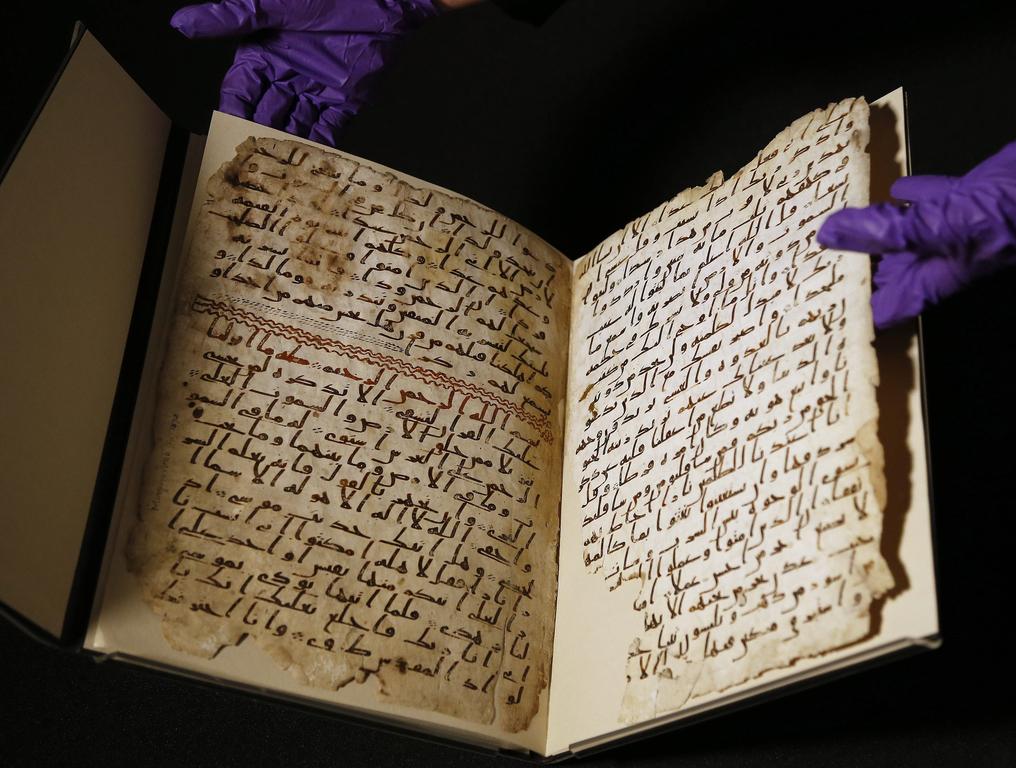
The precise dating of the Tübingen Quran fragment was achieved through modern C14-radiocarbon analysis conducted in a laboratory in Zürich. This method provided a 95.4% statistical probability for the dating, offering a high degree of confidence in the results. The research was part of a collaborative project funded by the German Research Society (DGF) and the French institution, Agence National de la Recherche (ANR), highlighting the manuscript’s importance not only in religious studies but also in historical and cultural scholarship.
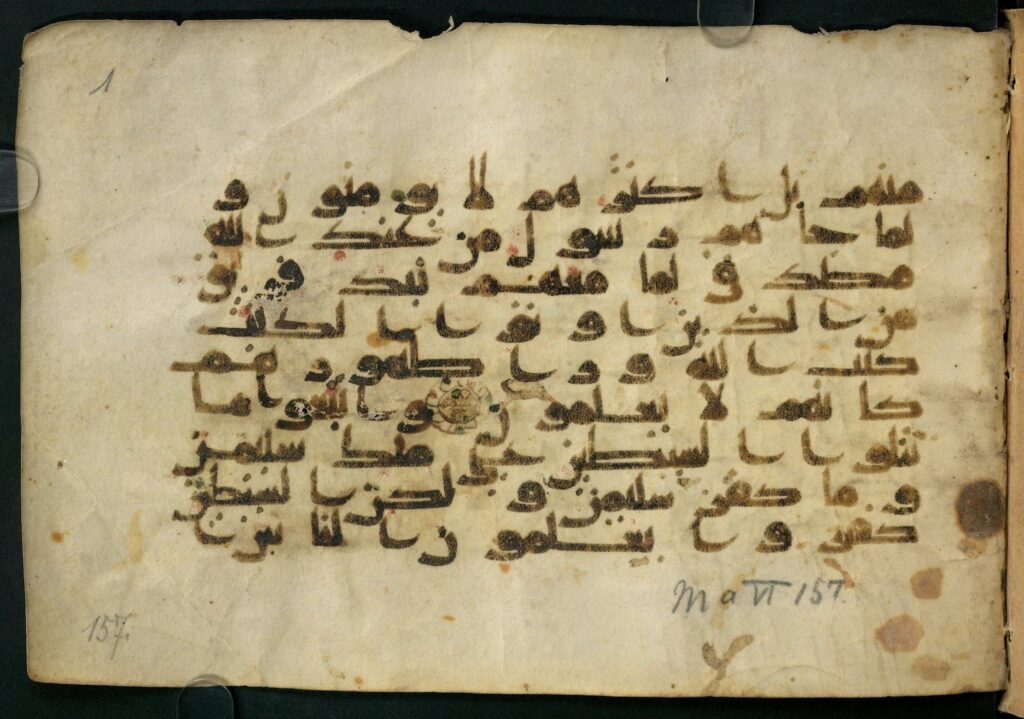
This Quran fragment is not just a religious artifact but also a key piece of cultural heritage that offers a window into the early days of Islam’s scripture compilation, providing scholars and historians with crucial data on the transmission and physical characteristics of early Quranic manuscripts. The presence of such a manuscript at the University of Tübingen underscores the university’s role as a center for advanced study and research in historical and religious academia.
For more detailed insights and academic exploration, visitors can access Secret World for comprehensive guides and expert commentary. Additionally, by downloading the app from Secret World, users can delve deeper into the fascinating world of historical manuscripts and cultural treasures.

